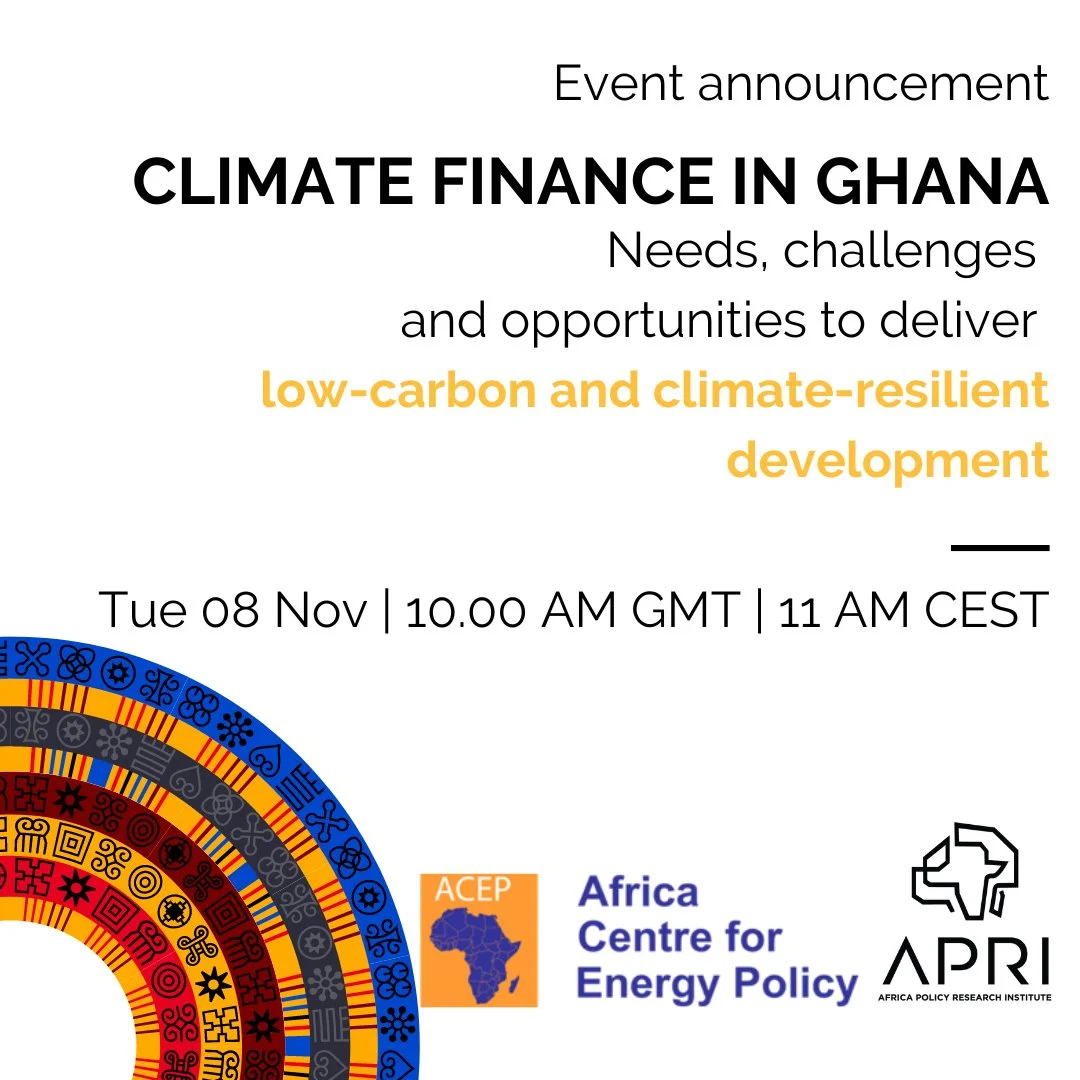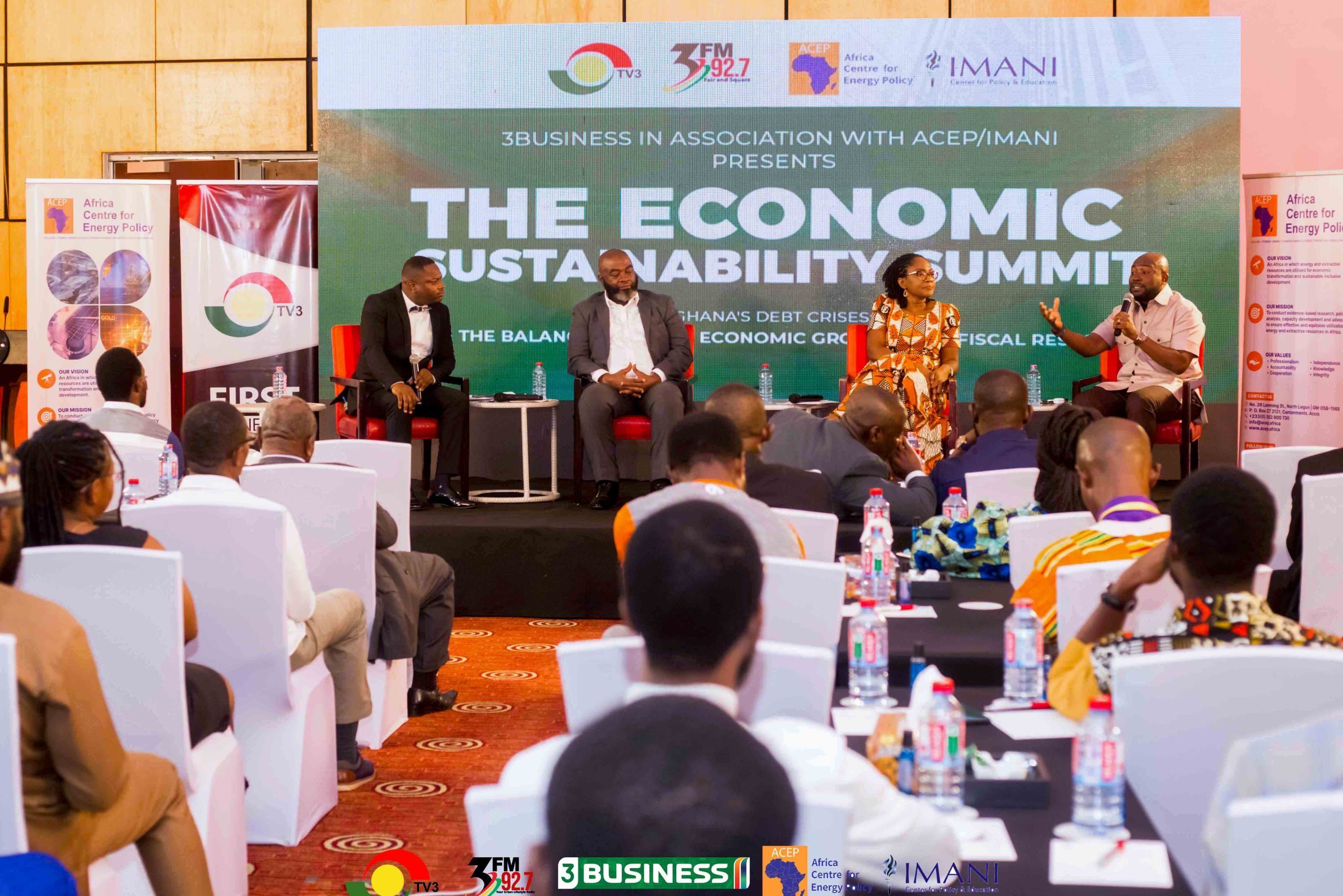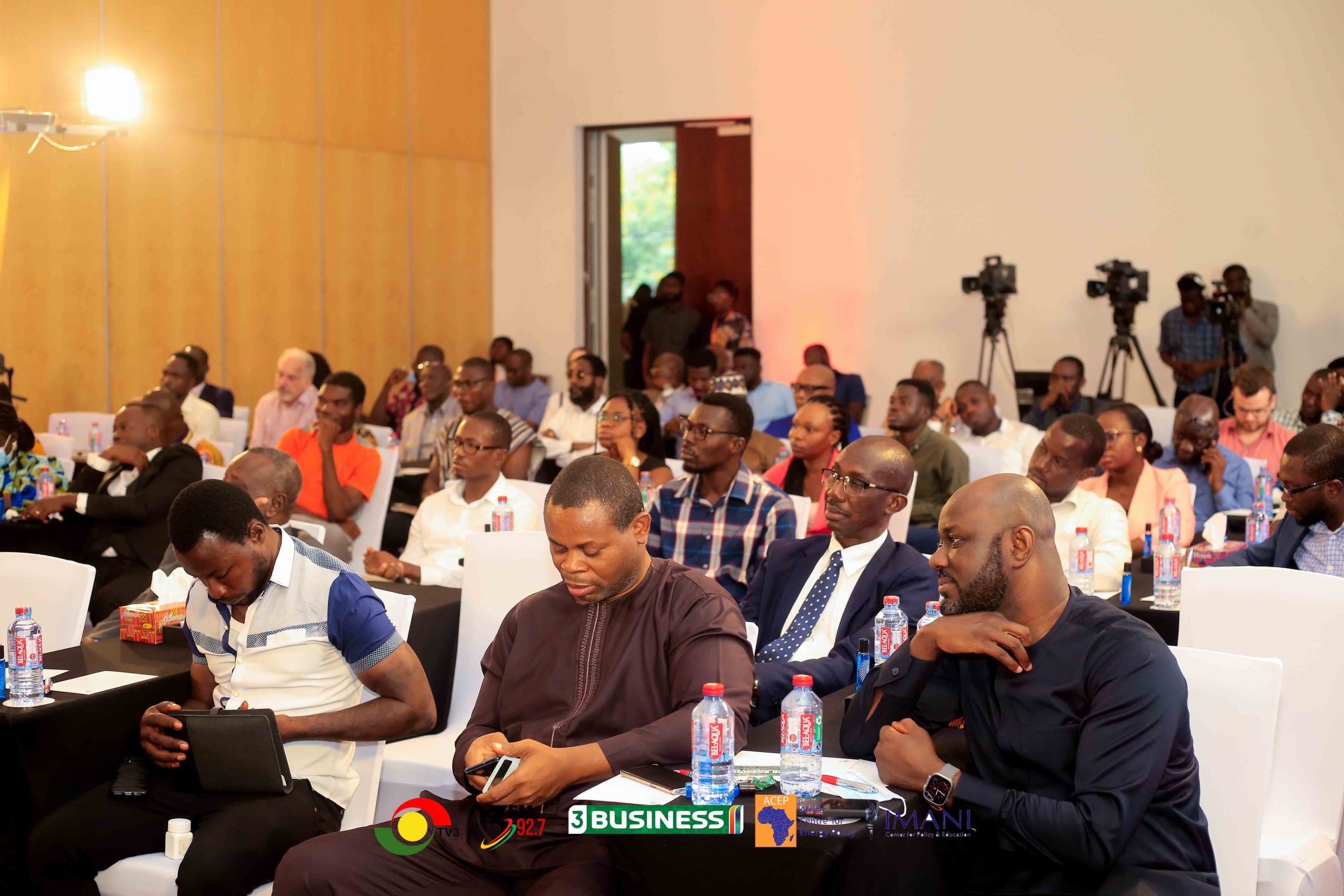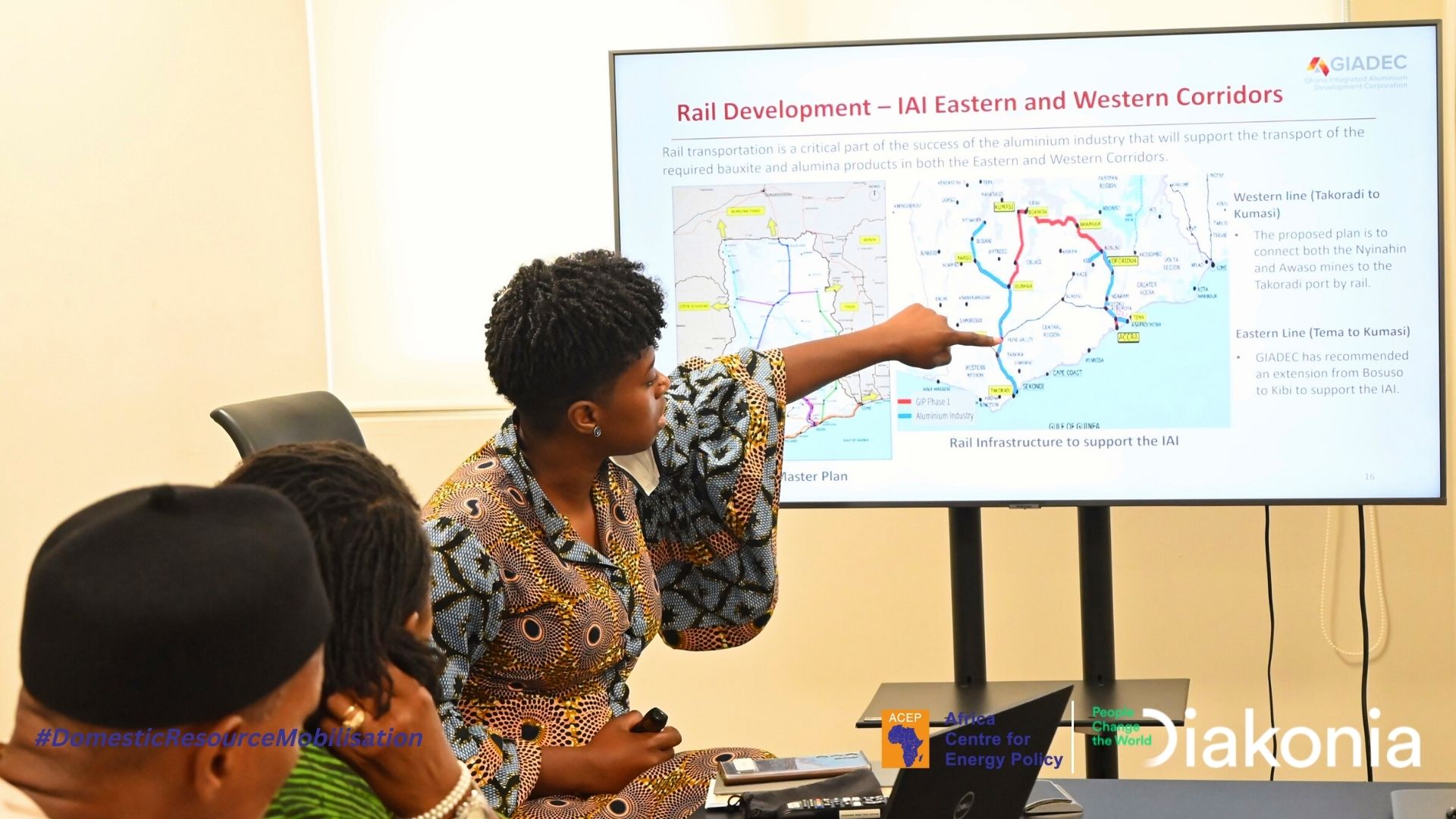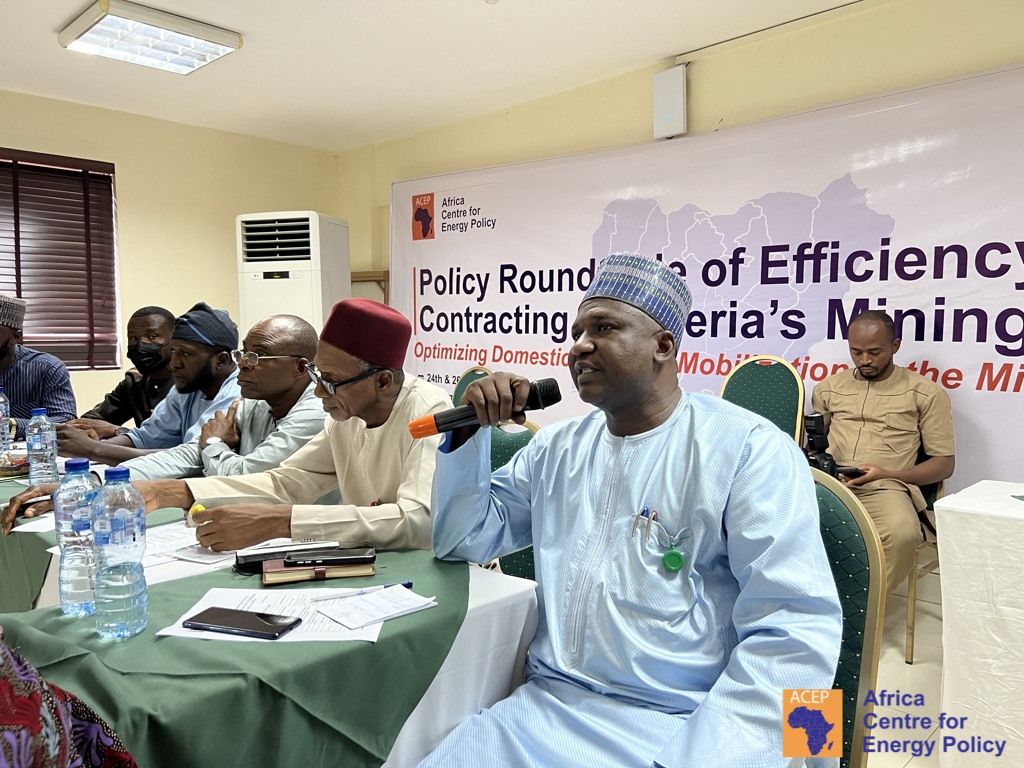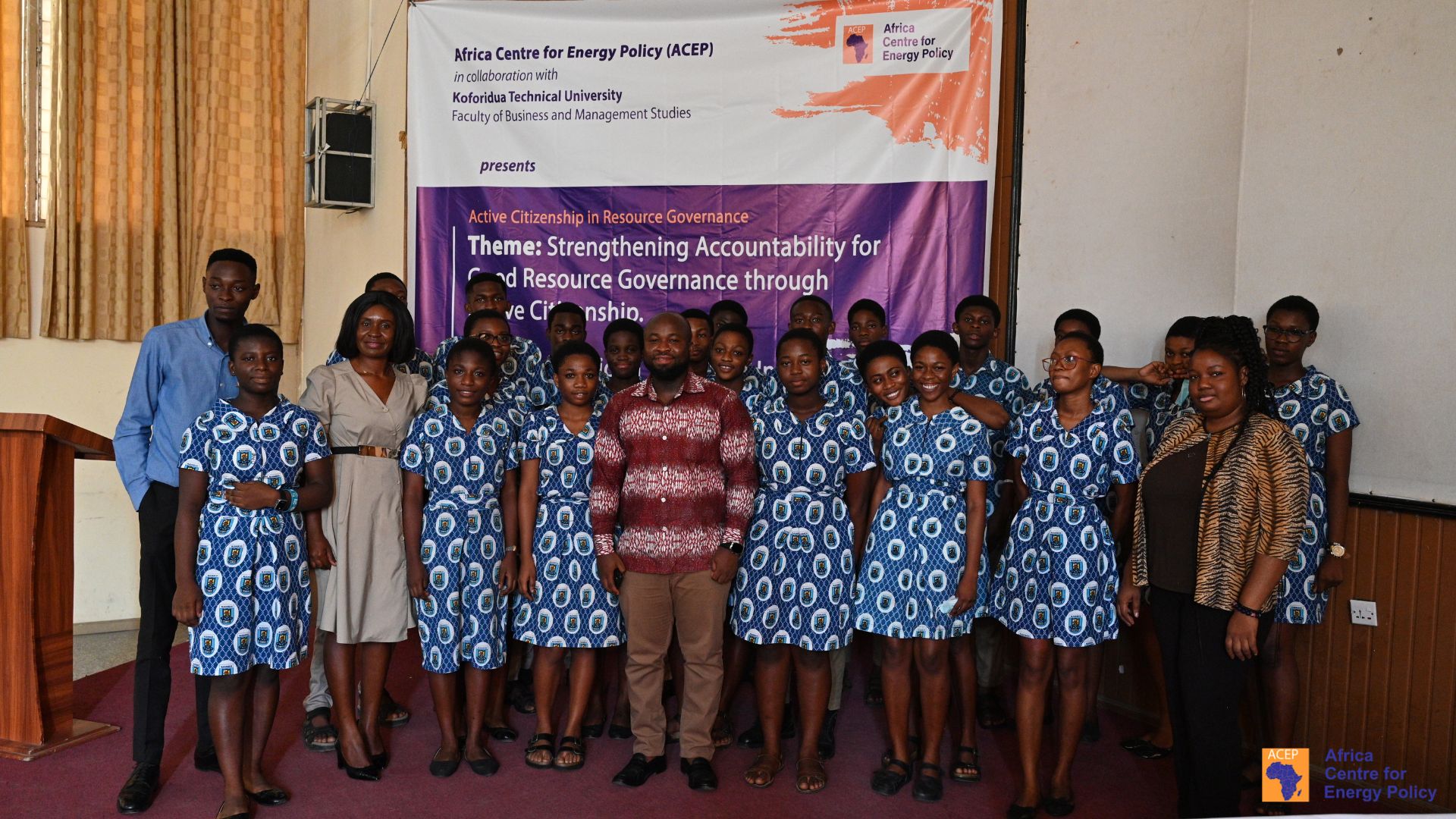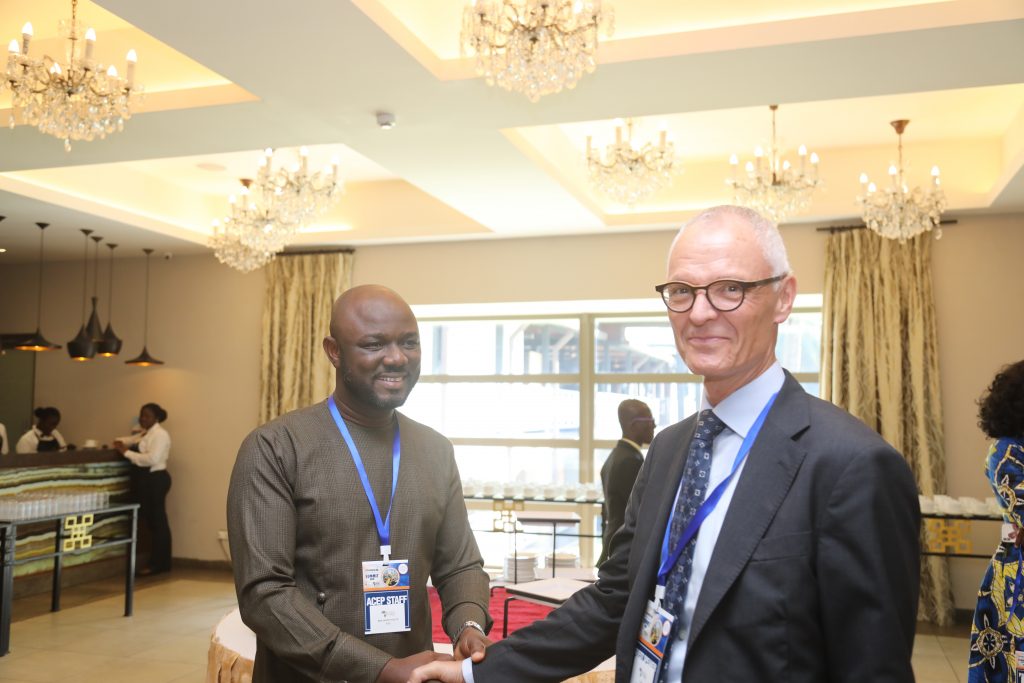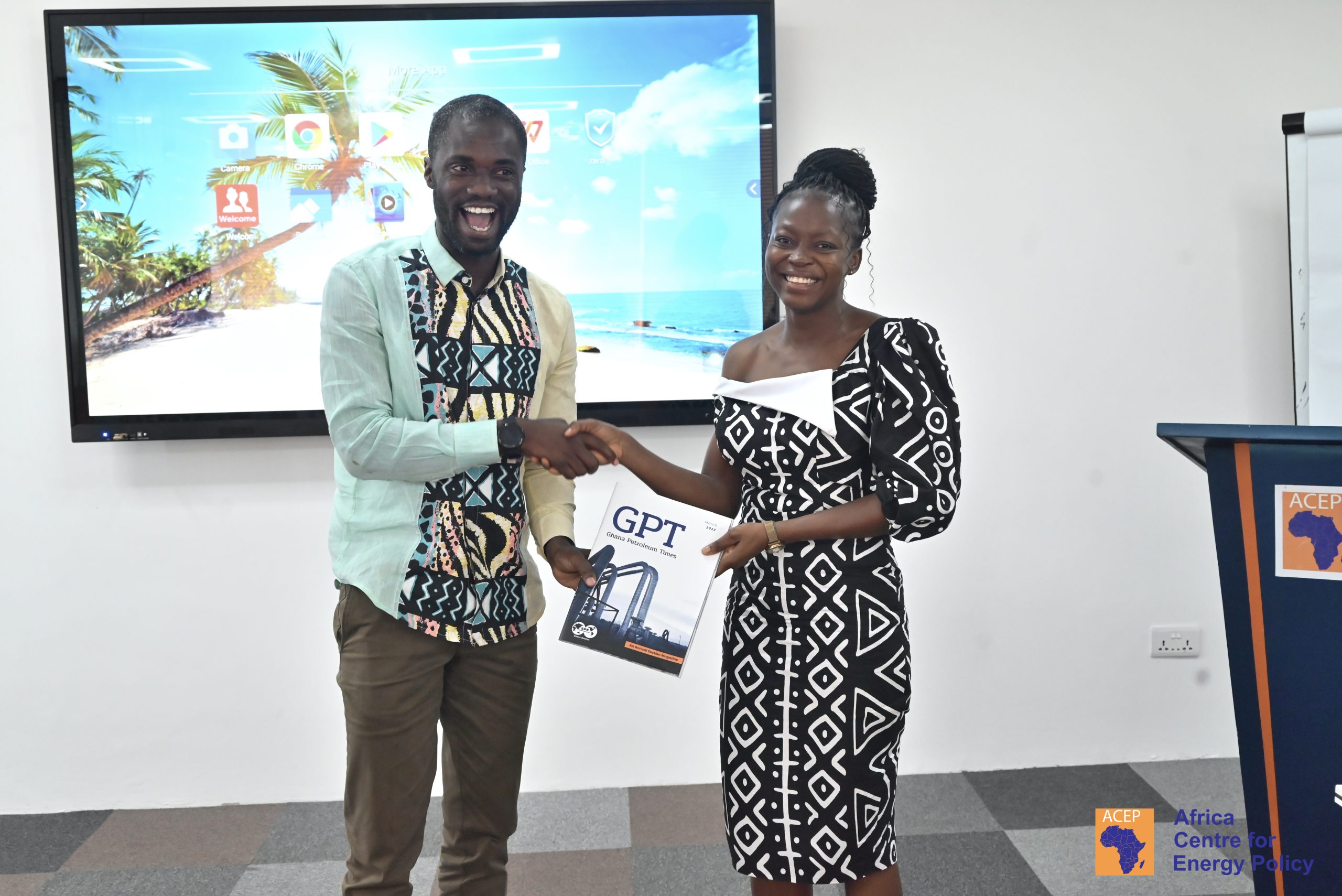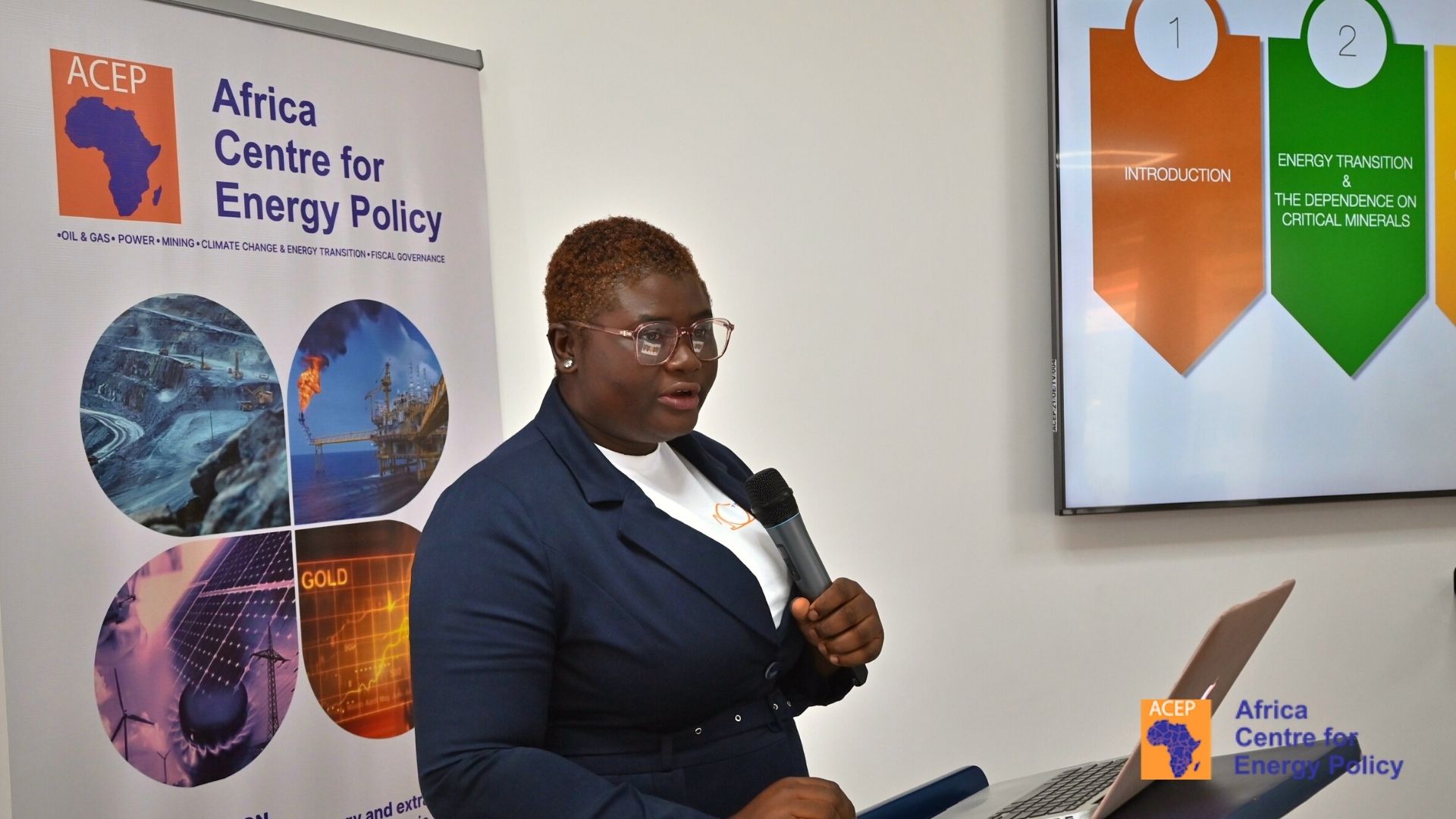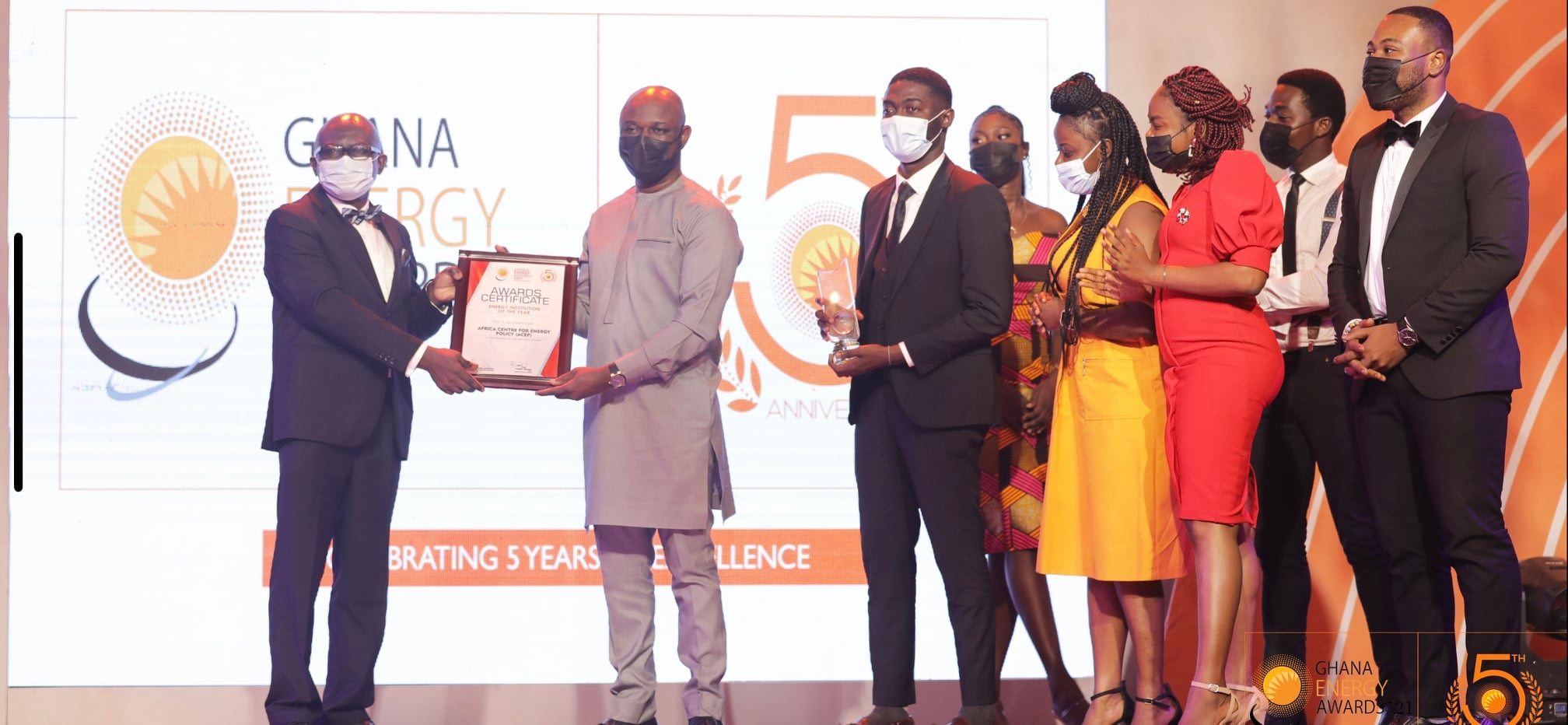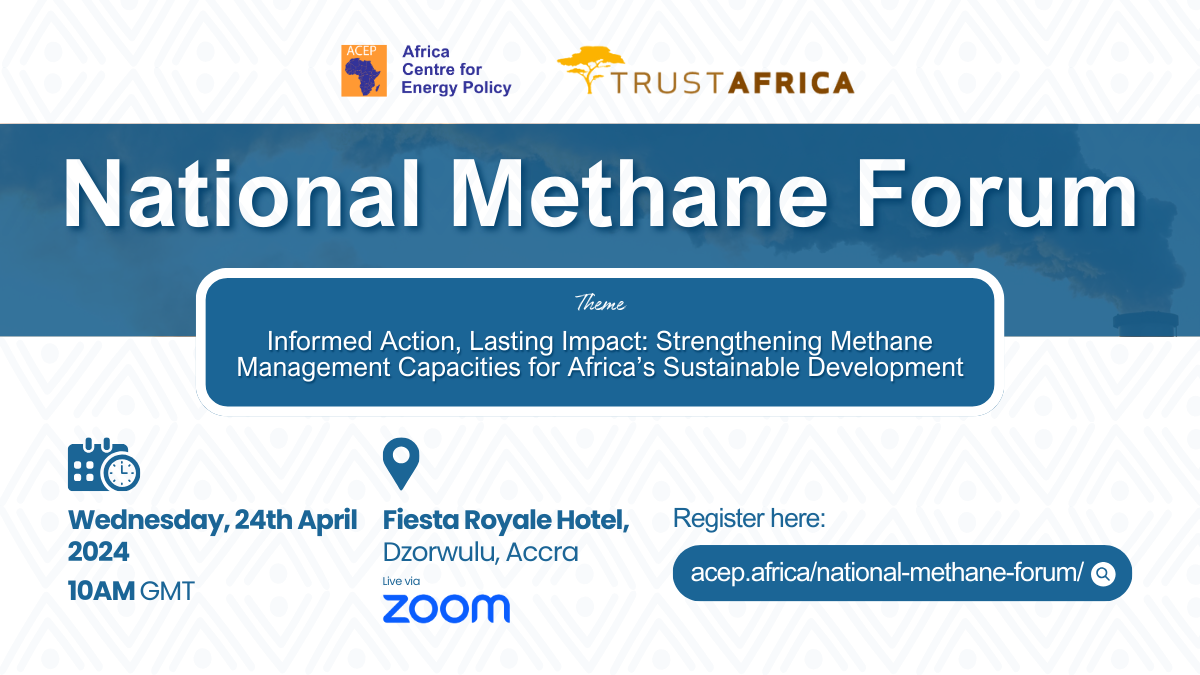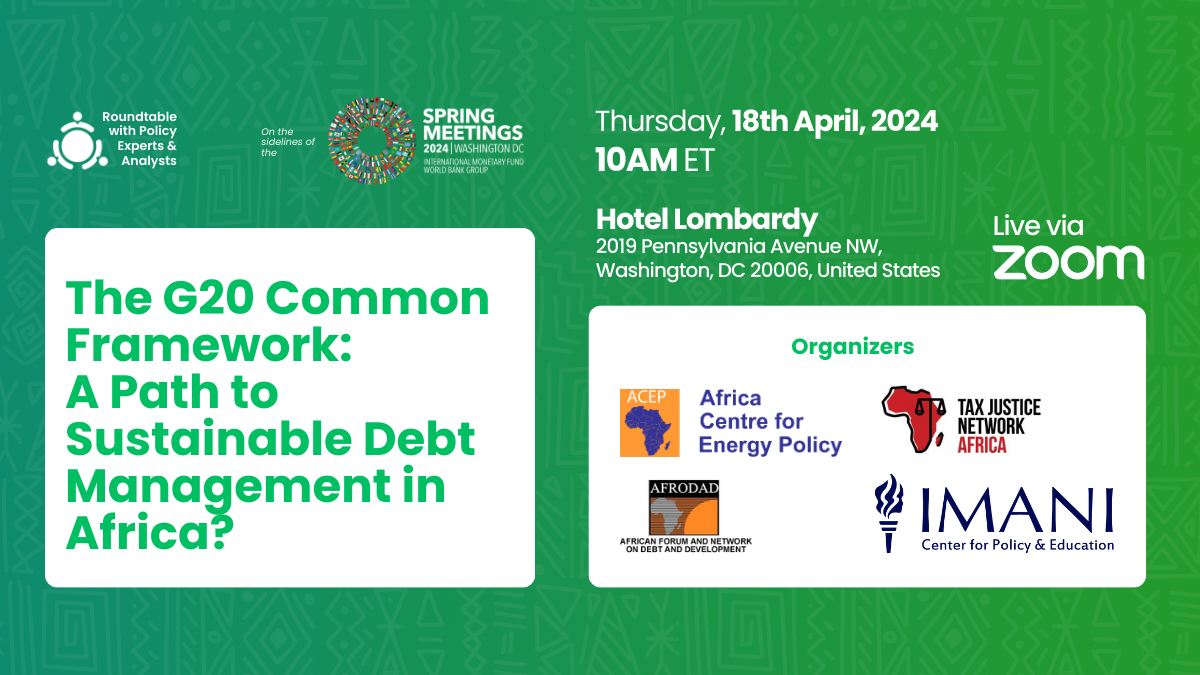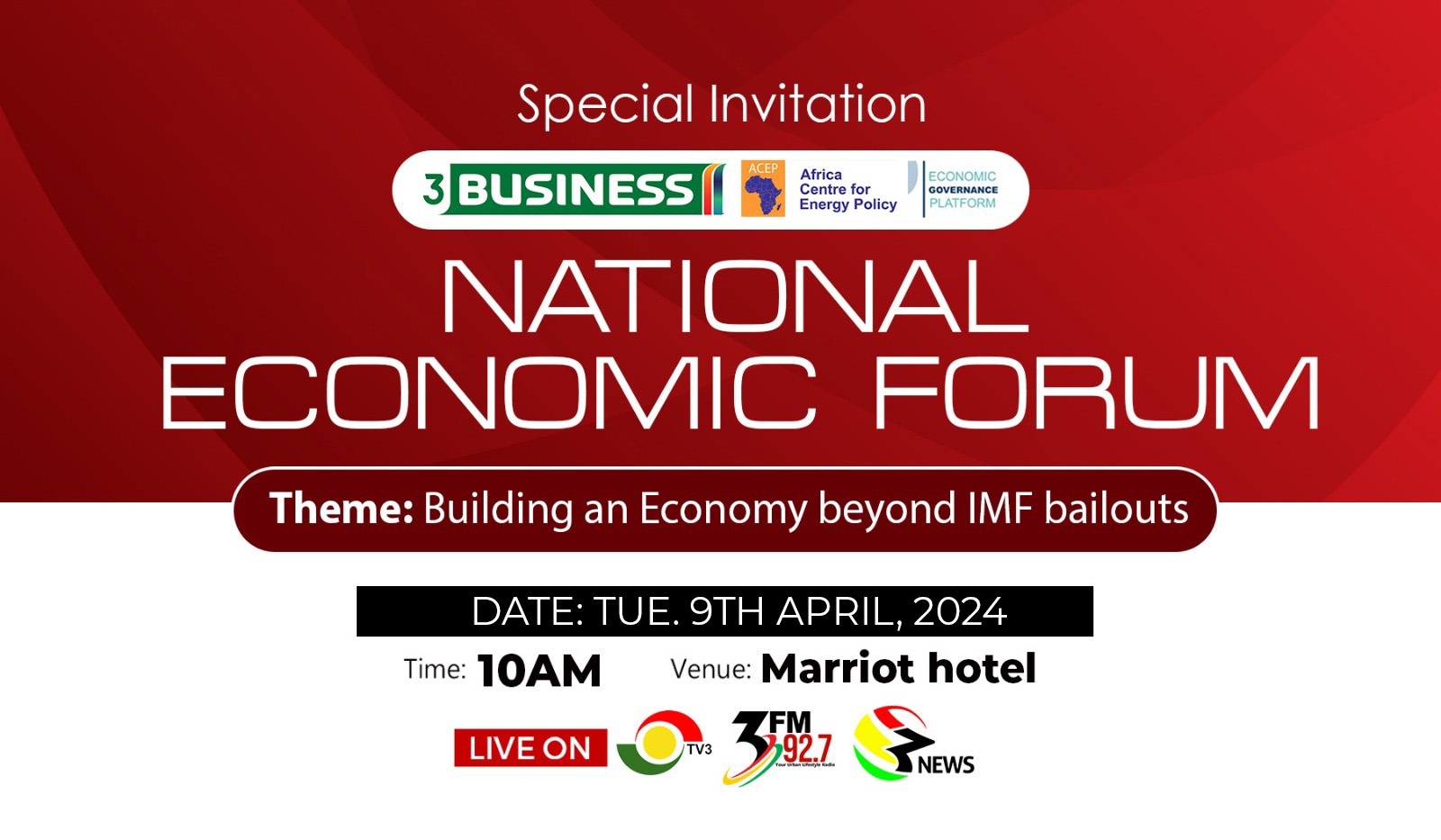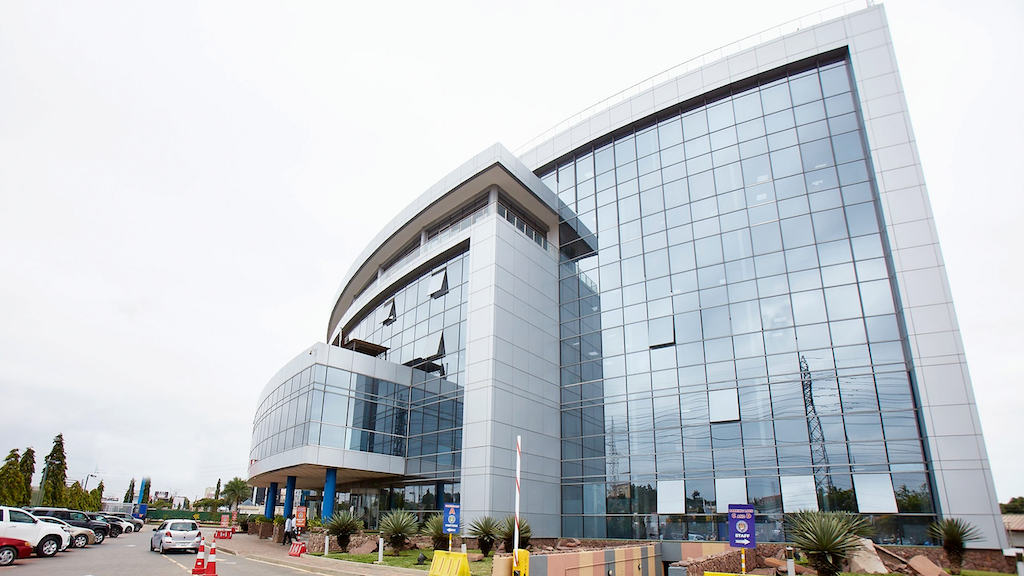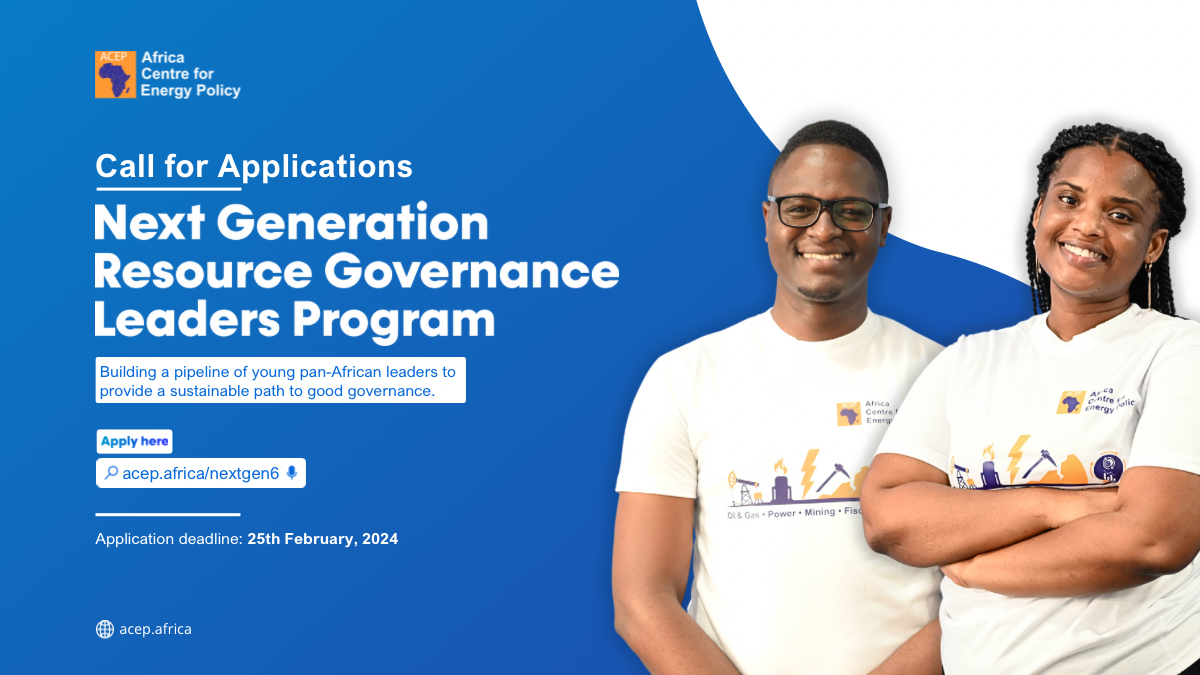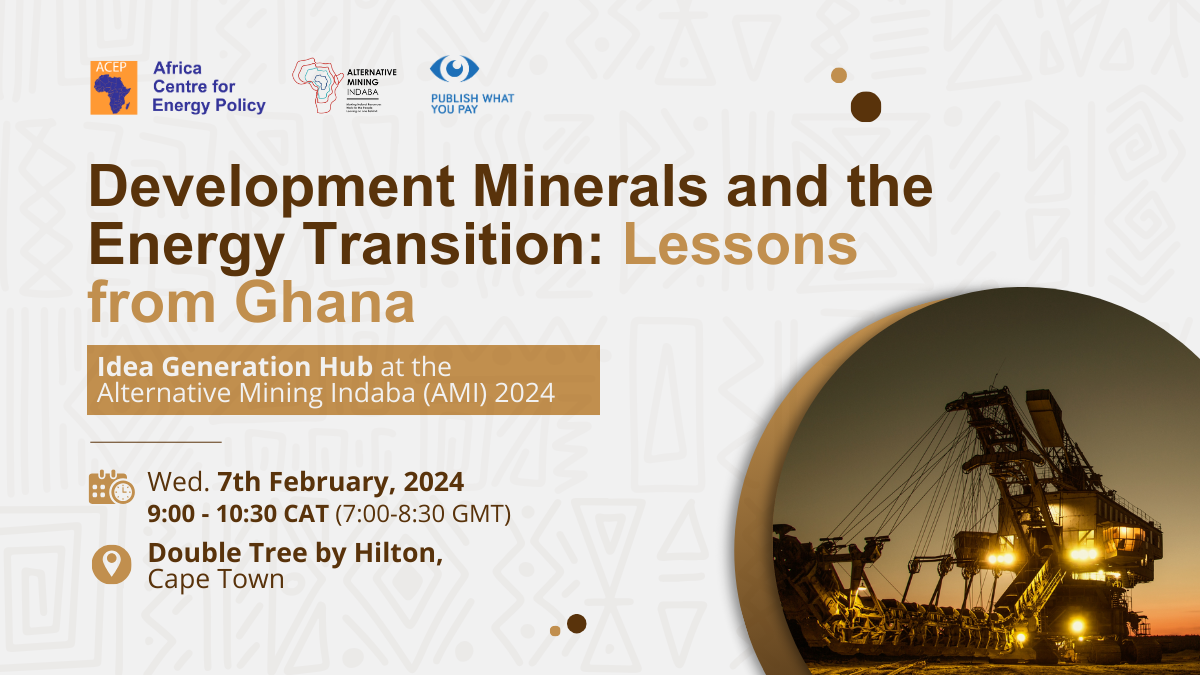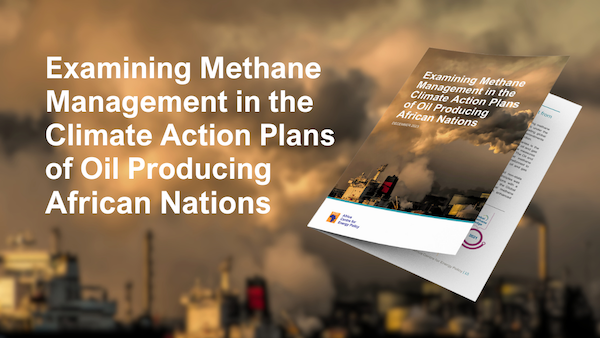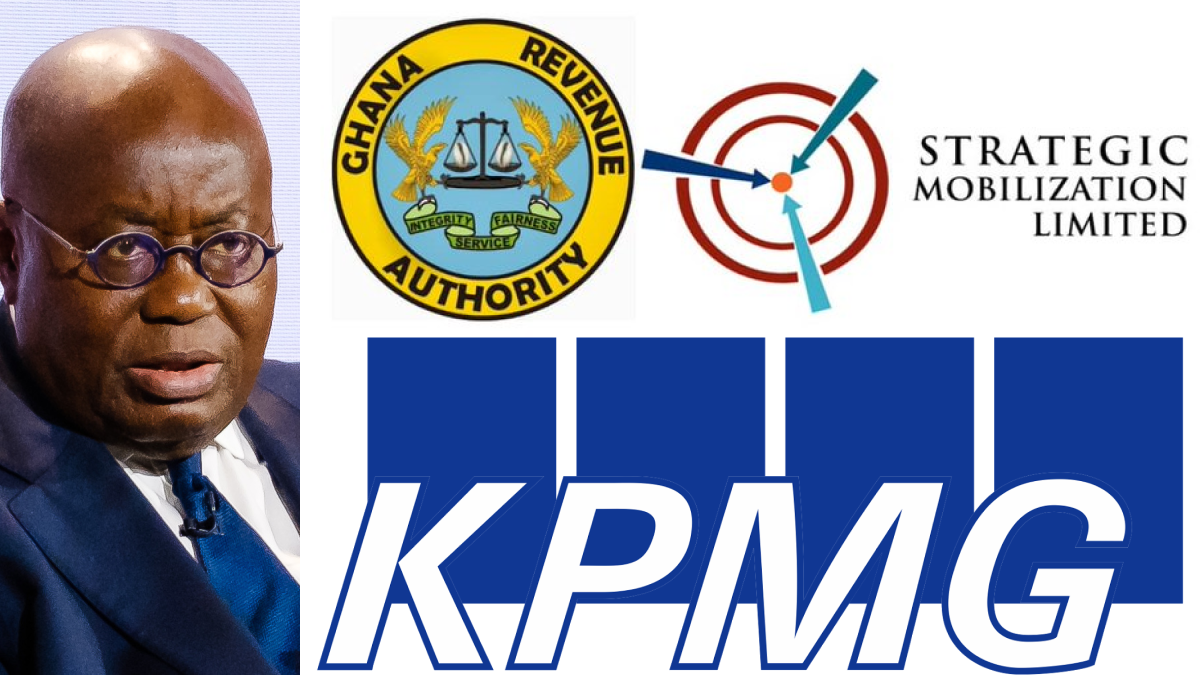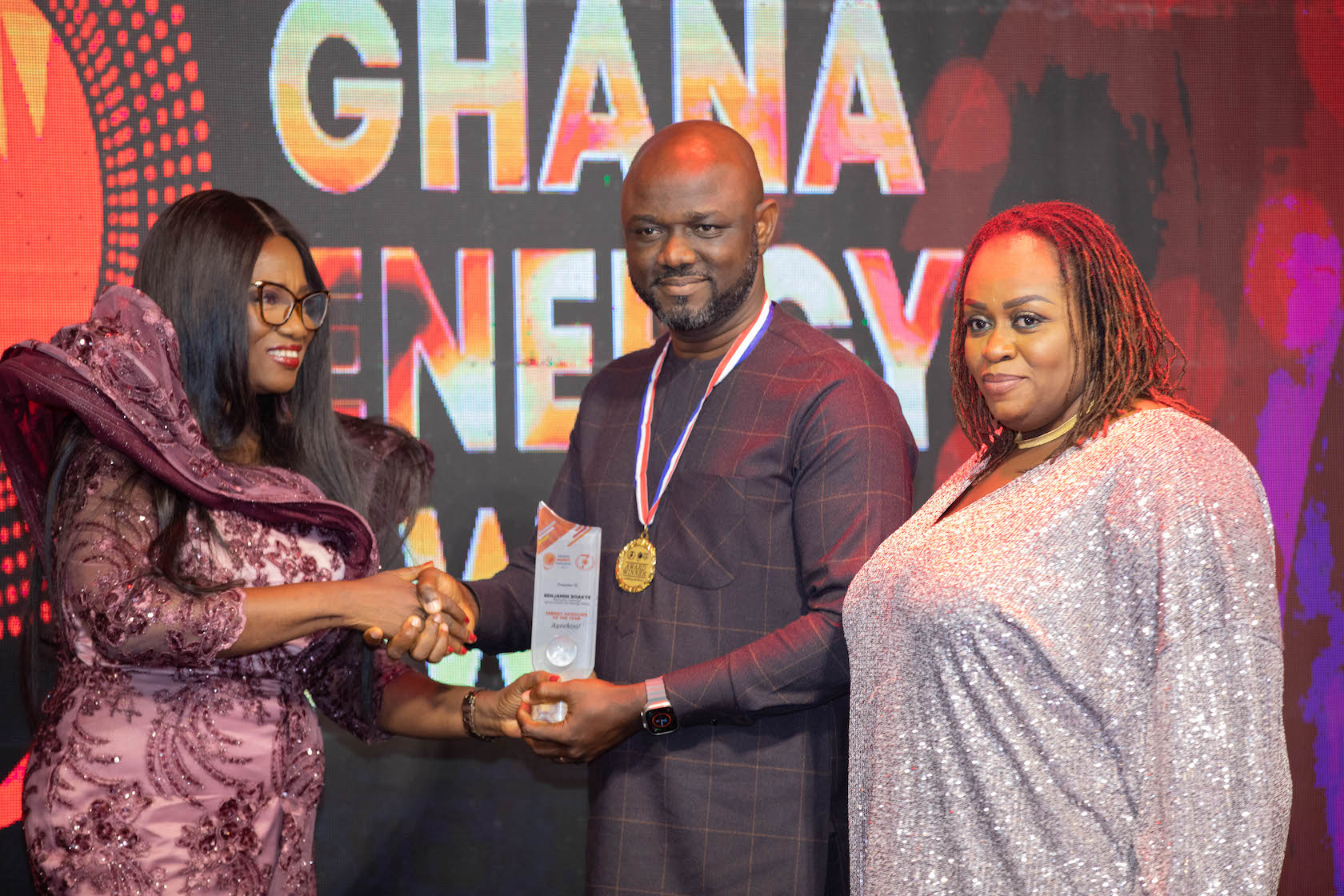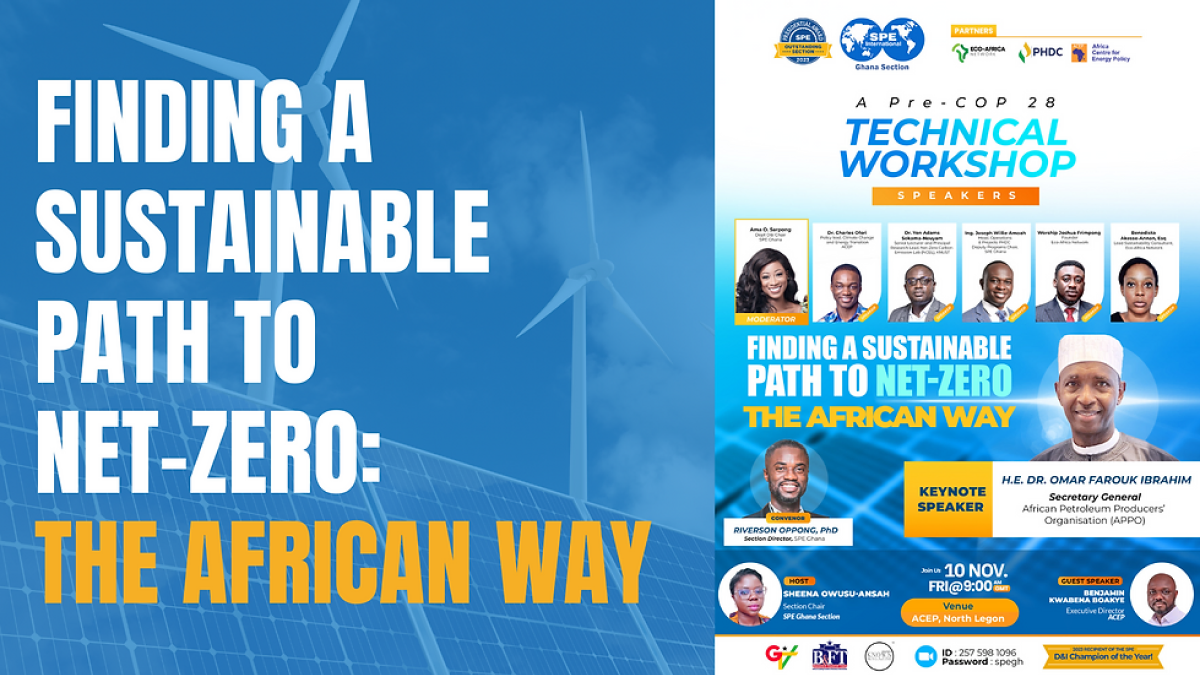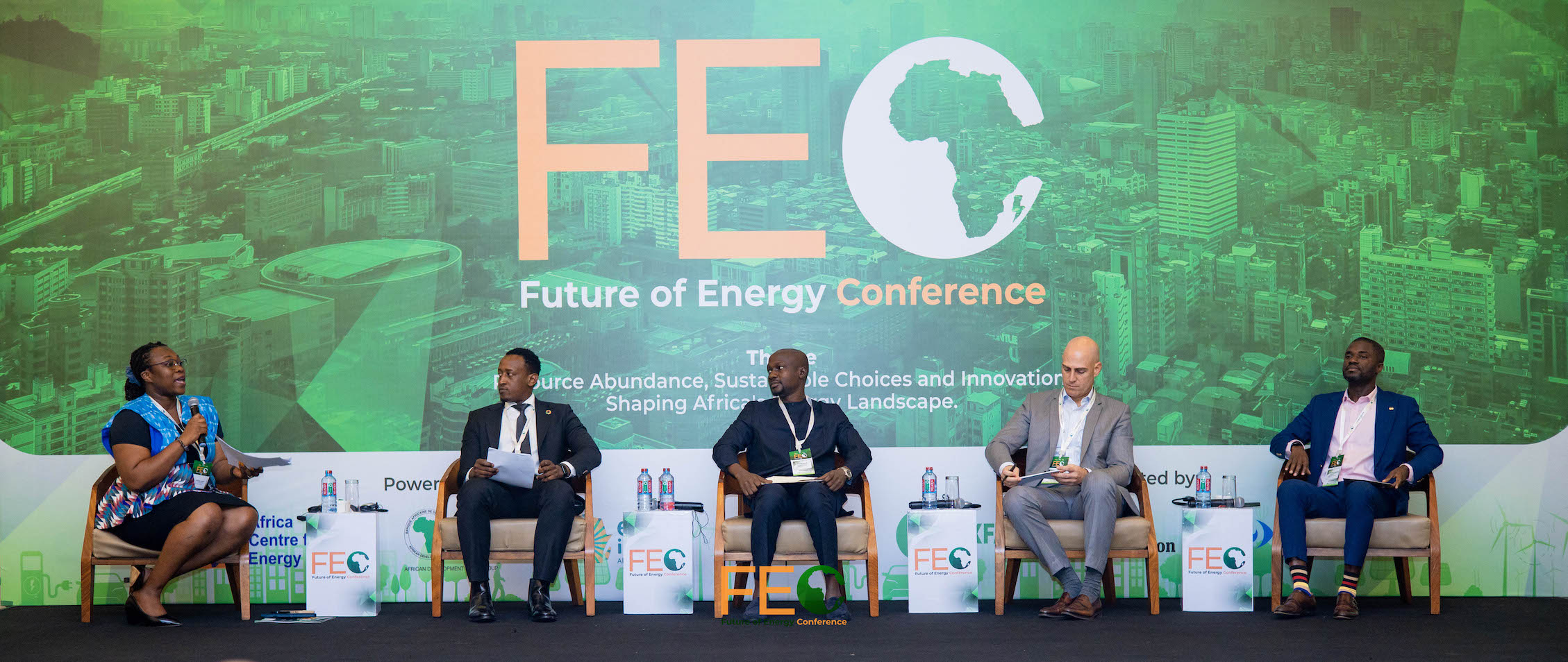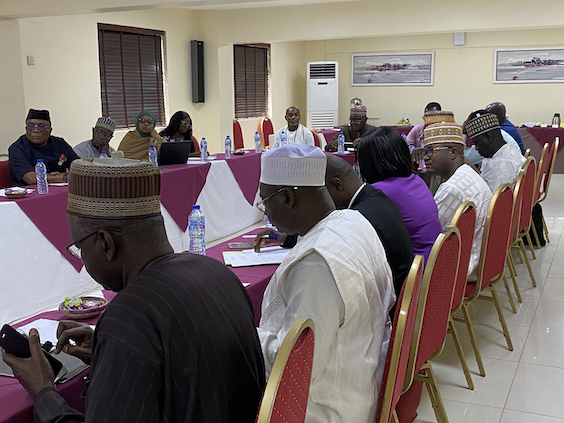Climate finance is undoubtedly one of Africa’s most significant challenges. The region faces a huge financing gap, particularly adaptation financing. This year’s COP Presidency aims to focus on implementing existing programmes. Accordingly, the topic of climate financing will occupy the central stage, as there has been a wide gap between pledges and implementation for years. Of the US$ 100 billion pledged annually by the industrialised nations to support low-emitting countries, only US$ 83 billion flowed in 2020. It is estimated that Africa needs US$250 billion annually in conditional and unconditional financing between 2020 and 2030 to implement its Nationally Determined Contributions (NDCs) under the Paris Climate Agreement. Regrettably, COP26 ended with no major breakthrough on this issue.
Going into COP27, Africa’s needs vis-à-vis the current climate finance mechanism and architecture – as well as their alignment with realities in African countries – need to be made clear. To this end, APRI, in partnership with the Africa Centre for Energy Policy (ACEP), undertook a study to explore the systems that underpin public climate finance delivery and implementation in Ghana. The project analysed the practical experiences and challenges state and non-state actors encounter in accessing and administering climate finance. The new report from this project provides empirical evidence to support Ghana’s negotiating positions around climate finance and pathways to solutions.
Within the above context, APRI and ACEP seek to convene a report launch to disseminate findings from Ghana. The country continues to be adversely impacted by climate change and financing to address the climate needs in these and other sectors is paramount. More importantly, Ghana requires financing to implement its NDC successfully. Stakeholders who play a pivotal role in climate finance in Ghana were extensively consulted on the climate finance landscape, including the emerging trends. The launch will provide a platform for stakeholders to discuss the study’s findings.
Expected outcomes
- Key stakeholders are briefed on the key findings and recommendations from the Climate Finance in Africa – The Ghana Report.
- Relevant State and Non-State Actors, including development partners, identify actions to address the needs, challenges and leverage opportunities associated with climate financing in Ghana. Inflows.
- Feedback from the dialogue feeds into the enrichment of the climate landscape in Ghana.
Programme
| Time | Agenda | Responsibility |
| 10.00 – 10.15 | Arrival and Registration | All |
| 10.15 – 10.25 | Welcome remarks and Introductions | Charles Gyamfi Ofori Policy Lead – Climate Change and Energy Transition, ACEP |
| 10.25– 10.30 | Opening remarks | Mr Benjamin Boakye Executive Director, ACEP |
| 10:30-11:20 | Presentation of report findings Climate Finance in Africa – Needs, challenges, and opportunities to deliver the financial resources needed to drive low-carbon and climate-resilient development | APRI Representative, Dr. Theophilus Acheampong Mr Charles Gyamfi Ofori |
| 11.20 – 11.50 | Discussions on report | |
| 11.50 – 12.00 | Report launch and closing | Mr Benjamin Boakye Dr Theophilus Acheampong |

